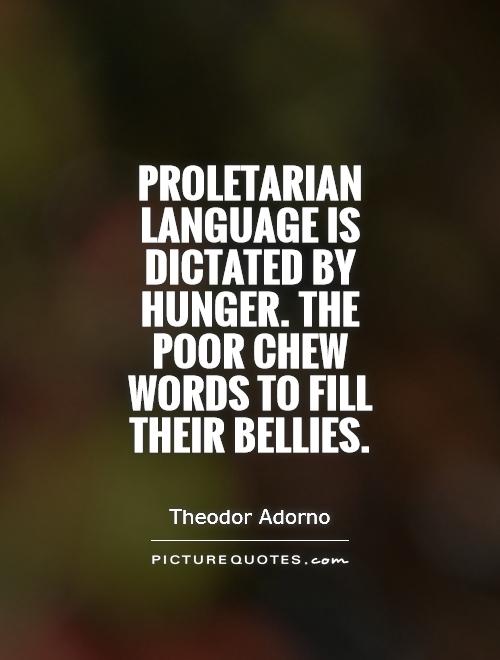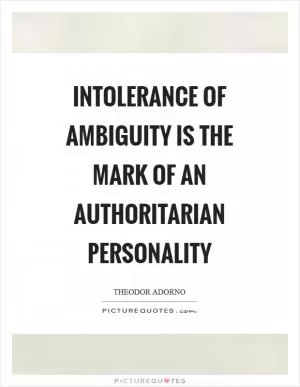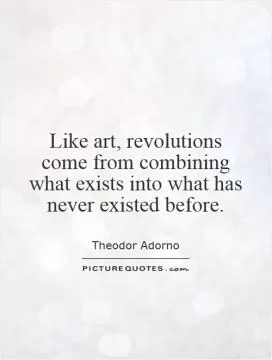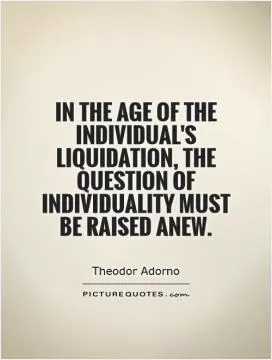Proletarian language is dictated by hunger. The poor chew words to fill their bellies

Proletarian language is dictated by hunger. The poor chew words to fill their bellies
The statement "Proletarian language is dictated by hunger. The poor chew words to fill their bellies" can be interpreted in various ways, especially when considering the perspective of Theodor Adorno, a prominent philosopher and sociologist known for his critical theory and analysis of culture and society.Adorno was deeply concerned with the effects of capitalism on society, particularly how it perpetuated inequality and exploitation. In his work, he often critiqued the ways in which language and communication were shaped by the dominant economic and social structures of the time. The idea that proletarian language is dictated by hunger can be seen as a reflection of Adorno's belief that the working class is marginalized and oppressed by the capitalist system, leading to a language that is shaped by their struggles and deprivation.
For Adorno, language was not just a means of communication, but also a reflection of the material conditions and power dynamics of society. The poor, who are often deprived of basic necessities like food and shelter, may use language in a way that reflects their struggles and desires for a better life. In this sense, the act of "chewing words to fill their bellies" can be seen as a metaphor for how the working class uses language to express their hunger for social change and justice.
Furthermore, Adorno believed that language was also shaped by the dominant ideologies and cultural norms of society. The language of the poor may be influenced by the dominant discourse of the ruling class, leading to a form of linguistic oppression where the working class is forced to adopt the language and values of their oppressors. In this way, the statement can be interpreted as a critique of how language is used to maintain power differentials and perpetuate inequality.
Overall, the idea that proletarian language is dictated by hunger can be seen as a reflection of Adorno's broader critique of capitalism and its impact on language, communication, and society as a whole. It highlights the ways in which language is shaped by social and economic forces, and how the working class uses language to express their struggles and desires for a more just and equitable world.












 Friendship Quotes
Friendship Quotes Love Quotes
Love Quotes Life Quotes
Life Quotes Funny Quotes
Funny Quotes Motivational Quotes
Motivational Quotes Inspirational Quotes
Inspirational Quotes